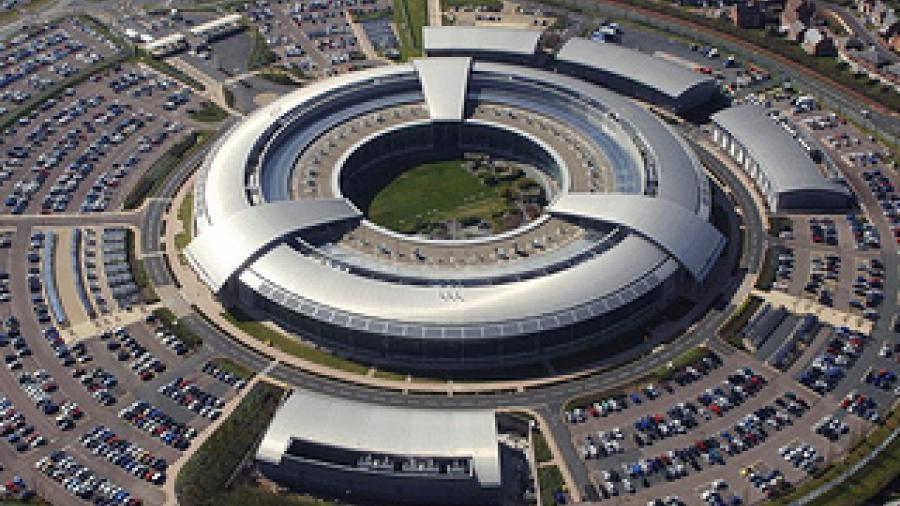Two leading Green Party politicians are taking the British Government to court this week over claims that the security services have invaded people’s privacy in their communications with Parliamentarians.
Caroline Lucas, the Green Party’s MP for Brighton Pavilion, and Baroness Jones of Moulsecoomb will bring the case to the Investigatory Powers Tribunal on Thursday. [1]
The case centres on an apparent breach of the ‘Wilson Doctrine’ – a government policy which should guarantee that communications between parliamentarians and the public are free from blanket surveillance and interception. [2]
This week’s hearing will see Lucas and Jones demand urgent clarification on the scope of the Wilson Doctrine, following Edward Snowden’s revelations of the mass surveillance of data by GCHQ. [3]
The hearing takes place following recent revelations of the routine monitoring on calls between MPs and Prisoners. [4]
Baroness Jones of Moulsecoomb said:
“As parliamentarians our job is to hold ministers to account. If our communications are subject to blanket surveillance, and people are less able to freely contact us with important and sensitive revelations, then our ability to do our job is hugely curtailed.
There is a clear public interest in protecting the communications of Parliamentarians from unnecessary surveillance, which is why we’re bringing this case to court to halt any attempt to trample on the Wilson Doctrine.”
Caroline Lucas, the Green Party MP for Brighton Pavilion, said:
“The blanket surveillance of the communications of Parliamentarians could have a deeply chilling effect on our relationship with the public. Parliamentarians must be a trusted source for whistle blowers and those wishing to challenge that actions of the Government.
“My constituents have a right to know that their communications with me are free from blanket monitoring. It’s absolutely vital that the trust between MPs and constituents is maintained – and that people feel able to communicate freely with their representatives in Parliament.”
Lucas and Jones are not demanding that politicians’ communications should be entirely free from monitoring. In some cases, of Grave Misconduct in public office for example, they should indeed be investigated. Instead they’re demanding proper judicial oversight which would ensure judges sign off any surveillance that takes place.
ENDS
Photo Credit: Ministry of Defense
To arrange interviews with Jenny Jones or Caroline Lucas please contact Matthew Butcher on 07885 459 904
Jenny Jones will be present at the hearing.
For more information on the case please contact Rosa Curling at Leigh Day on 07766 053 068 or rcurling@leighday.co.uk
Notes:
[1] The case is being heard in a public session by the Investigatory Powers Tribunal (which usually meets in secret).
The hearing will take place on Thursday 23rd July at the Rolls Building on Fetter Lane.
George Galloway filed a separate case against the Government and his case has been incorporated into the same one as Ms Lucas and Baroness Jones.
[2] The convention that MPs’ communications should not be intercepted by police or security services is known as the ‘Wilson Doctrine’. It is named after the former Prime Minister Harold Wilson who established the rule in 1966. More info: http://researchbriefings.parliament.uk/ResearchBriefing/Summary/SN04258
There is a strong likelihood that both Ms Lucas and Baroness Jones’ communications are being intercepted as part of the Tempora programme exposed by CIA whistle-blower Edward Snowdon.
The Tempora programme, operated primarily by GCHQ, monitors and collates, on a blanket basis, the full range of electronic communications data produced in, or transiting through, the United Kingdom and numerous other countries.
The communications it intercepts includes emails and other internet traffic as well as telephone calls. The information gathered by Tempora is reported to be stored for 3 days in relation to content. Metadata is stored for 30 days.
Metadata includes the persons to whom communications are sent as well as, for instance, the time of sending and location of sender.
[3] More info here: http://www.theguardian.com/uk-news/2014/jul/01/secret-court-investigatory-powers-tribunal-ban-mi5-gchq-spying-parliamentarians




Join The Discussion